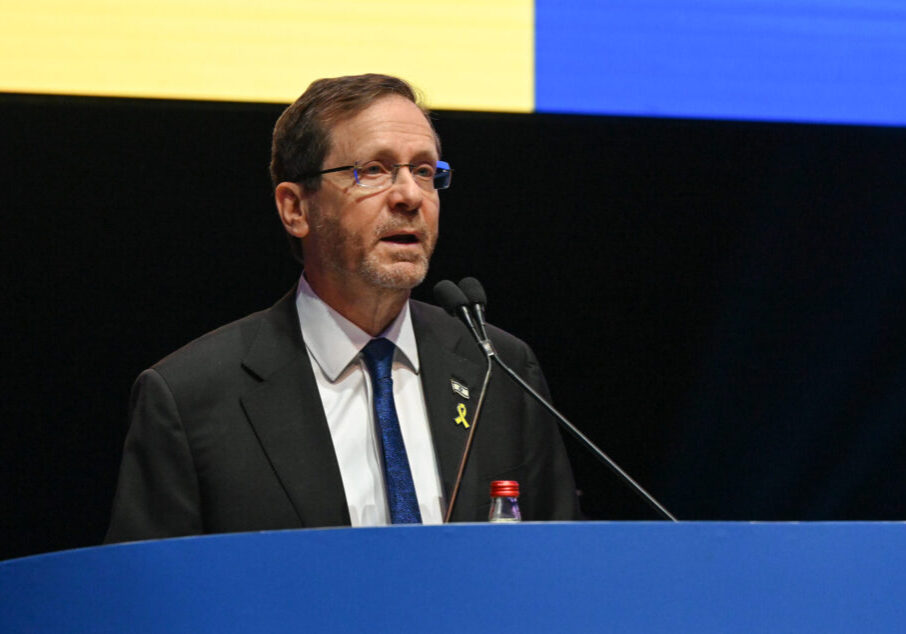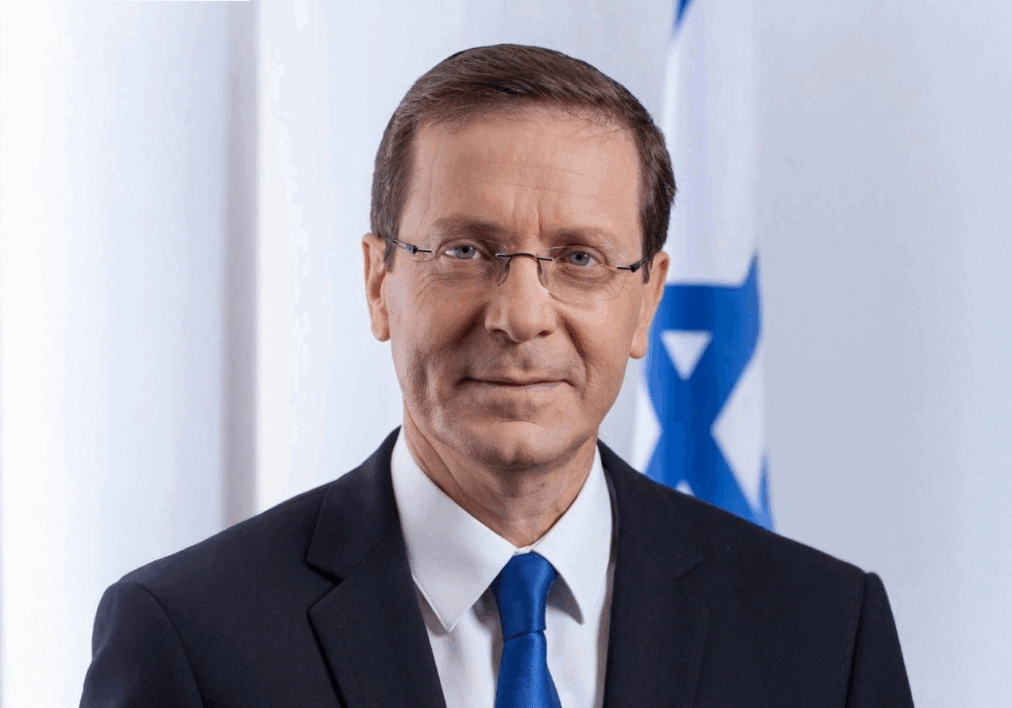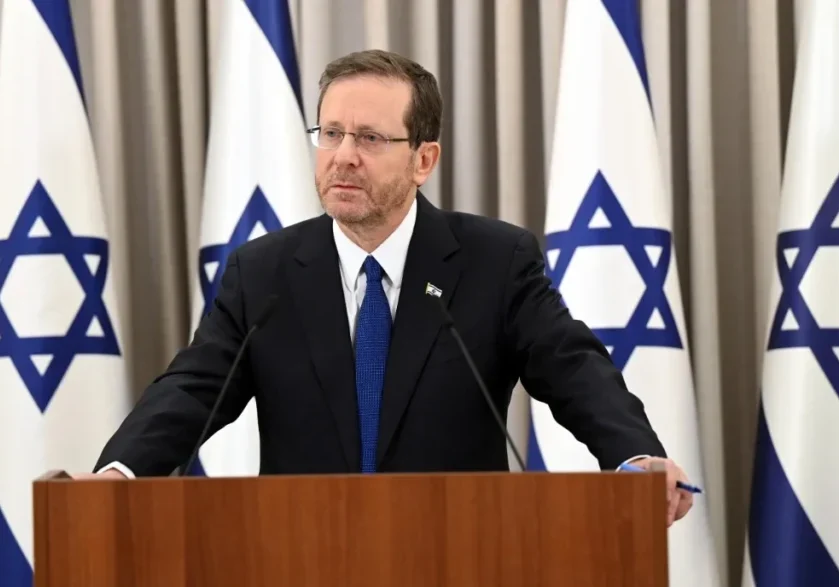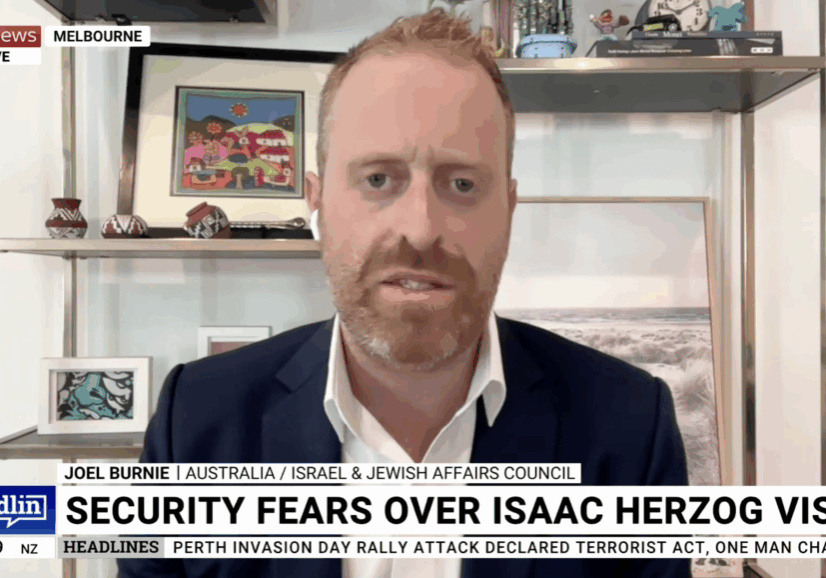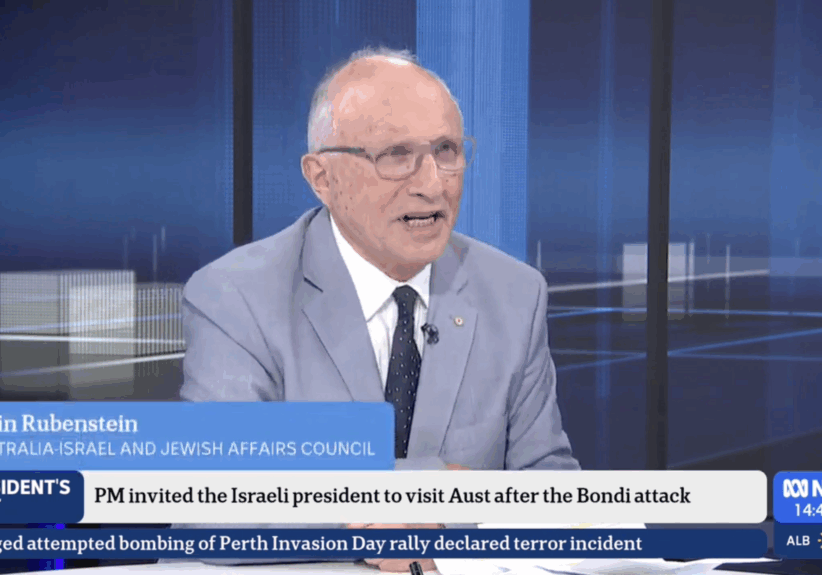Australia/Israel Review
A Peace Resonant with History
Dec 17, 2020 | Raphael Ahren
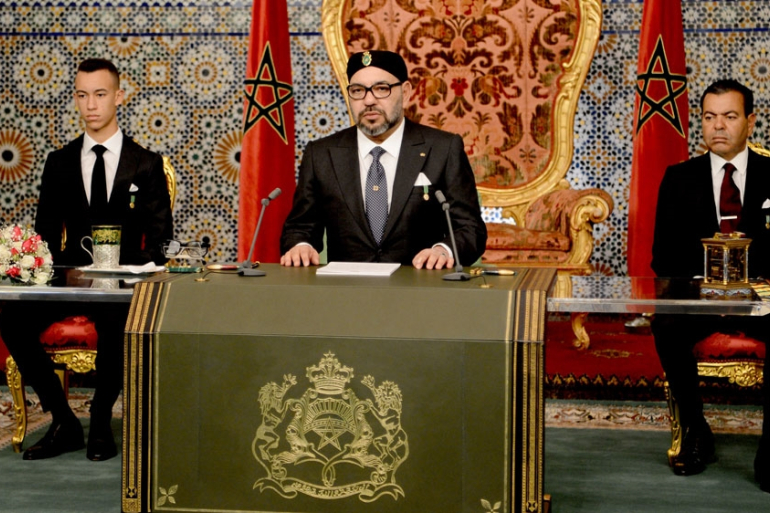
The Israel-Morocco normalisation deal
The surprise announcement on Dec. 9 about Morocco agreeing to establish diplomatic relations with Israel was not a Chanukah miracle, as many Israeli politicians gushed when they lit their holiday candles, though the timing was indeed brightly appropriate. Rather, it had been a long time coming, as the North African kingdom has deep cultural and religious ties with the Jewish state, and had long been expected to join the current wave of Arab countries normalising ties with Israel.
As opposed to Egypt and Jordan, which signed peace treaties with Israel decades ago, and in contrast to the United Arab Emirates, Bahrain and Sudan, three Arab nations that normalised relations with Israel this year, Morocco and Israel have a profound and ancient Jewish connection, and the Moroccan Jewish community, though small, still thrives today.
Moroccan Jewry’s origins date back 2,000 years, to the destruction of the Second Temple and exile. In the modern era, the community reached a high of some 250,000 in the early 1940s, when Sultan Mohammed V resisted Nazi pressure for their deportation. Numbers dwindled with the establishment of Israel, and today only some 2,000-3,000 Jews remain, but hundreds of thousands of Israelis are proud of their Moroccan origins. US President Donald Trump’s senior envoy Jared Kushner on Dec. 10 put that number at “over a million.”
The mimouna party, which the community traditionally celebrates right after Passover ends, has become a fixture on the Israeli cultural calendar, with countless people barbecuing in parks and politicians rushing to as many mimouna celebrations as possible, eating mufletot and other Jewish-Moroccan delicacies.
While Israeli tourists have begun discovering the Gulf only very recently, they have been flocking to Rabat, Marrakech, Casablanca, Tangiers and Fez via third countries for many years. Once the two countries establish diplomatic relations and open direct air-links, that number can be expected to increase dramatically.
In 1995, following the 1993 Oslo Accords, Morocco and Israel opened mutual “liaison offices,” but they were closed a few years later after the Second Intifada broke out in 2000.
Both Moroccan King Mohammed VI and Israeli Prime Minister Binyamin Netanyahu cited the long and deep ties binding Morocco and Israel in their statements on the historic agreement.
“Everybody knows the tremendous friendship shown by the kings of Morocco and the people of Morocco to the Jewish community there. And hundreds of thousands of these Moroccan Jews came to Israel, and they form a human bridge between our two countries and our two peoples, of sympathy, respect, of fondness and love,” Netanyahu said during a Chanukah ceremony at the Western Wall.
“Morocco has played a historic role in bringing the peoples of the region together and supporting security and stability in the Middle East… [there are] special ties that bind the Jewish community of Moroccan origin, including those in Israel, to the person of His Majesty the King,” a statement from Morocco’s royal court said.
Still, the King did not suddenly decide that his love for the Jewish people required him to recognise the State of Israel; it was rather a US-brokered deal that pushed him to take the plunge.
Trump announced, in a tweet followed by an official proclamation, that Washington as of now recognises Moroccan sovereignty over the entire Western Sahara territory and “reaffirms its support for Morocco’s serious, credible, and realistic autonomy proposal as the only basis for a just and lasting solution to the dispute over the Western Sahara territory.”
The UAE got an Israeli commitment to halt plans for a unilateral West Bank annexation and it appears to have secured the F-35 fighter jets it long coveted. Sudan got taken off the US terror list and received promises of massive aid. And Morocco got a first, vital Western country to formally recognise its claim over the contested territory claimed by the Algeria-backed Polisario group, which seeks to establish an independent state there.
Some countries, like France and a few members of the Arab League, have long supported Rabat’s claim to Western Sahara, but so far no country has formally recognised the kingdom’s sovereignty over the entire area. (The Emiratis in October opened a consulate-general accredited to Morocco in the Western Sahara city of Laayoune, which some analysts consider as de-facto recognition.)
Evidently, King Mohammed reasoned that incoming US President-elect Joe Biden would be unlikely to make the move, so he took advantage of Trump’s last 40 days in office.
Netanyahu on Dec. 9 predicted a “very warm peace” with Morocco, but time will tell if the kingdom’s 35 million citizens — virtually all Muslim Arabs — will welcome the deal as warmly as Emiratis and Bahrainis have.
According to a recent poll, only 16 percent of Moroccans have a favourable view of Israel, while a whopping 70% view Israel unfavorably. In contrast, three-quarters of respondents expressed positive sentiments toward the Palestinians.
The survey, conducted by Jerusalem-based pollster Mitchell Barak on behalf of the Konrad Adenauer Foundation, also found that only 17% of Moroccans support Israel’s Abraham Accords with the UAE and Bahrain, while two-thirds oppose them. Indeed, only 26% believe that Israel has a right to exist, according to the poll.
In a call to Palestinian Authority President Mahmoud Abbas on Dec. 9, King Mohammed reiterated his staunch support for a two-state solution, stressing that his position was “unshakably supportive of the Palestinian cause.”
The monarch was reportedly expected to participate in a phone call with Netanyahu and Trump soon after that, but it’s noteworthy that he felt it necessary to speak to the Palestinian leader first.
In the call with Abbas, the King also noted his “distinguished relations with the Jewish community of Moroccan origin, including hundreds of thousands of Moroccan Jews in Israel,” according to a readout provided by the royal court.
Many of those Israelis may already be planning their next vacation, hoping to see where their parents and grandparents once lived.


